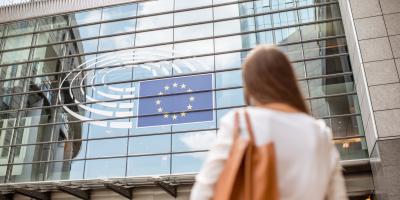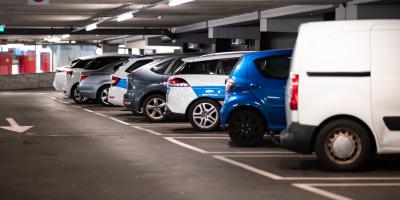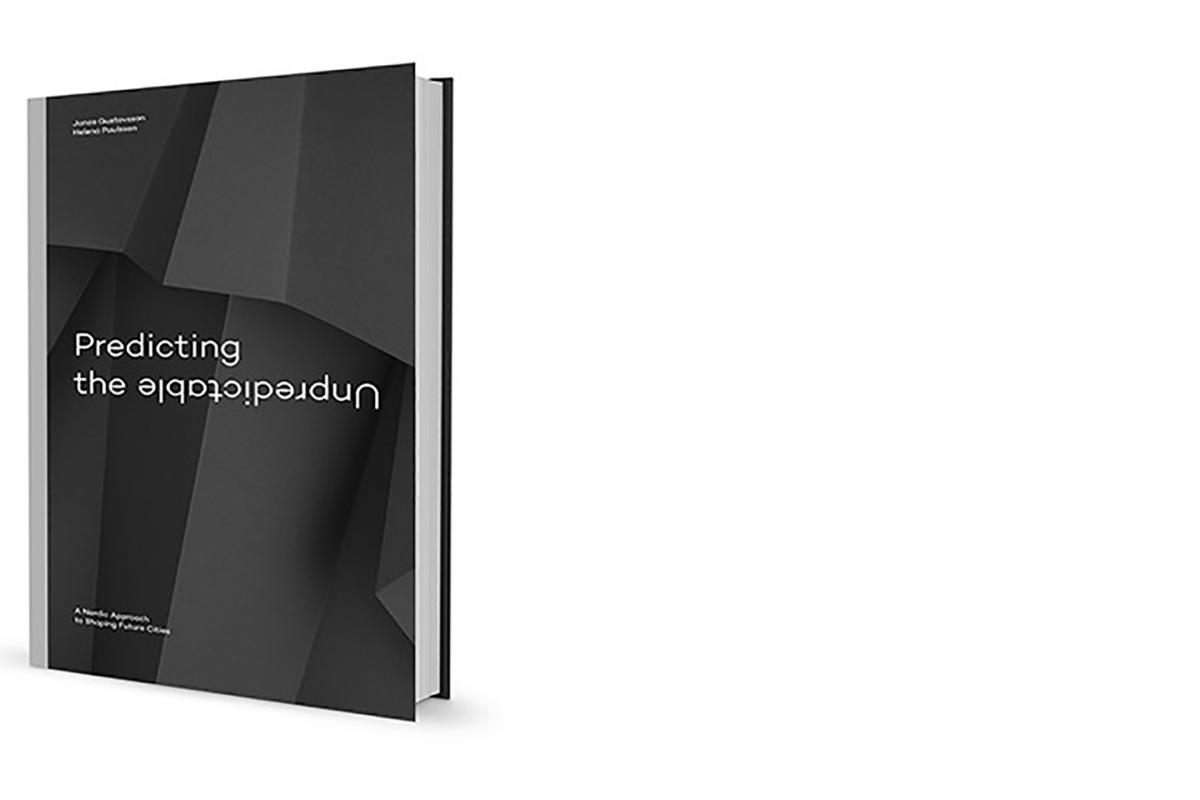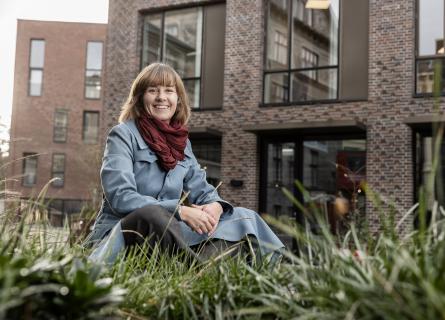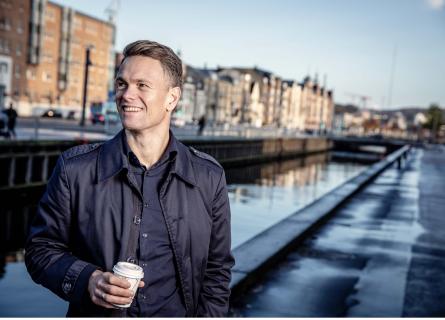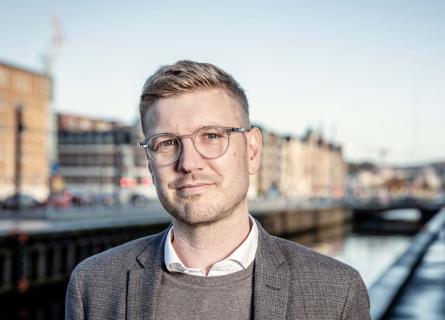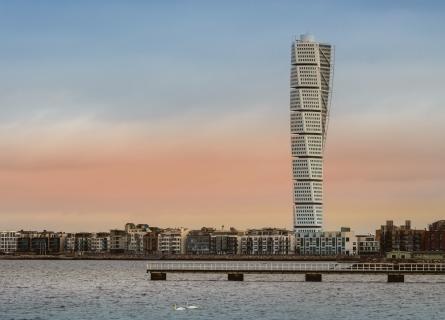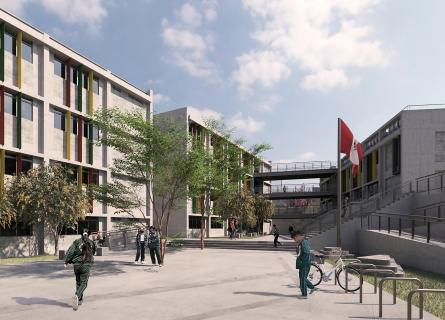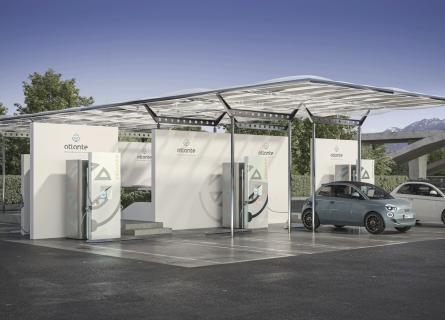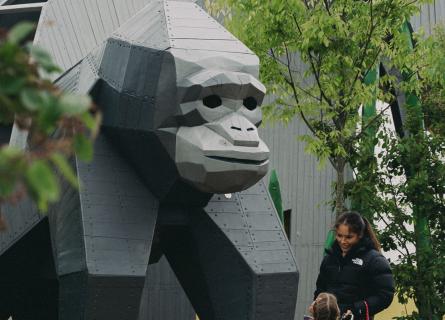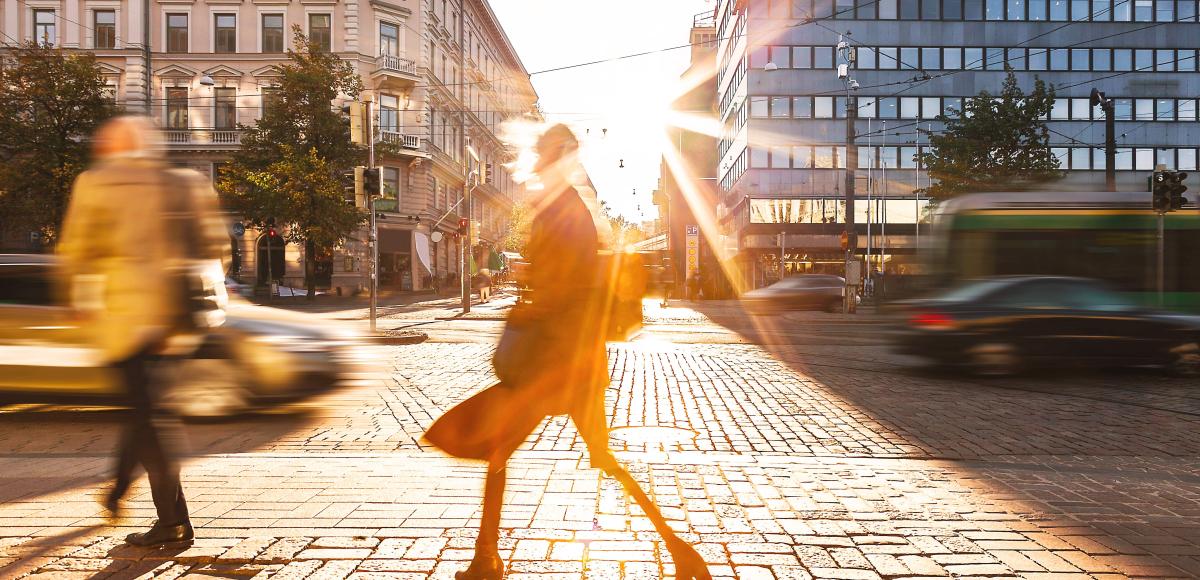

Future Cities
We shape the liveable future
Future cities are climate neutral. They must be designed and operated without jeopardising future generations' access to nature and its resources.
We create value by focusing on and strengthening the soul and identity of a city - all to shape the liveable cities of the future, where a good and healthy life is available to all.
Urban planning
Successful urban development demands strategic planning on many levels. AFRY has a wide range of specialists including urban developers, cultural geographers, planning architects, landscape designers, economists, map and measurement engineers, 3D visualization experts, traffic planners, road planners, environmental experts and many others. This combined expertise is a powerful tool in the transformation of cities and landscapes.
Our experience comes from projects of all sizes – from urban planning of entire cities to land-use plans for municipalities and value-creating detail plans for land development.

Download guide: Making future cities climate neutral
Water and wastewater
Climate-neutral cities and clean water for all are not separate goals, but rather interconnected and essential for our survival. Water is a precious resource that we must use more efficiently to face the challenges of climate change. Our planet has a limited supply of clean water, and we all have a responsibility to ensure that it's protected. Let's make a smarter use of water, rethinking how we recycle, reuse, and purify it. Remember, every drop counts.
Making better use of the water we have
In this article, we'll explore different types of water and their uses, highlighting concepts related to smart water use.

Mobility
Mobility is the backbone of our cities, but it must evolve to meet the demands of a more sustainable future. Effective traffic planning, electrification of the transport sector, and seamless mobility solutions are essential to achieving climate neutrality in cities. We are committed to creating innovative and sustainable mobility solutions that prioritize the environment and improve the quality of life for urban residents. From electrified public transportation to integrated mobility services, we're working to create a more sustainable future for all.
The Future of Mobility
As urbanisation continues to increase, mobility solutions need to evolve to meet the demands of a more sustainable future.
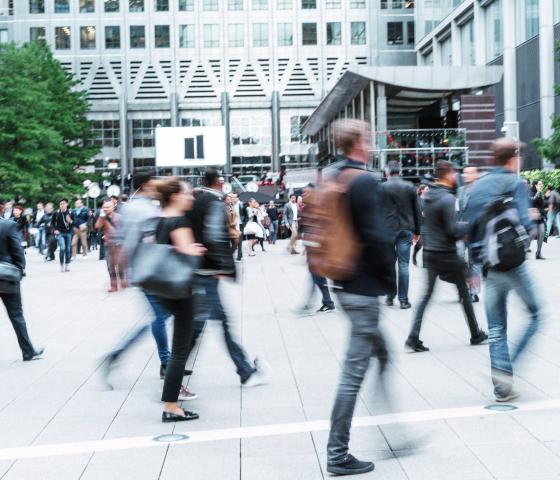
Real estate
Real estate is key to achieving climate neutrality in cities. Buildings consume around 40% of total energy production in the EU, and the sector's footprint will only increase with expansion. Prioritizing sustainable solutions is essential to limit energy dependency and associated emissions.
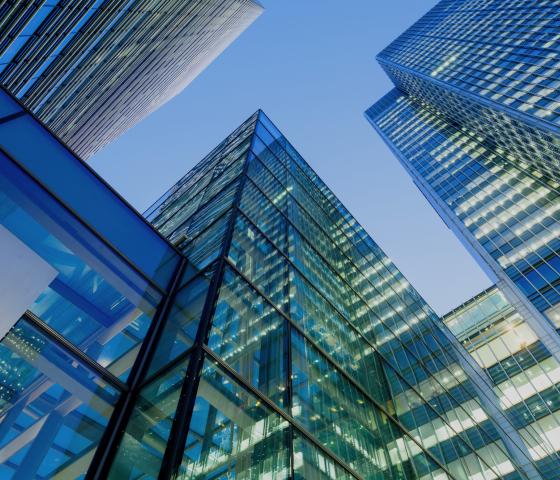
Real Estate and Climate Neutrality
The real estate industry plays a crucial role in achieving climate neutrality in cities.
Is it possible to influence people to live more sustainably?
How do we make the climate transition itself sustainable? How do we get people on board – not just the enthusiasts – and can we do it smoothly?
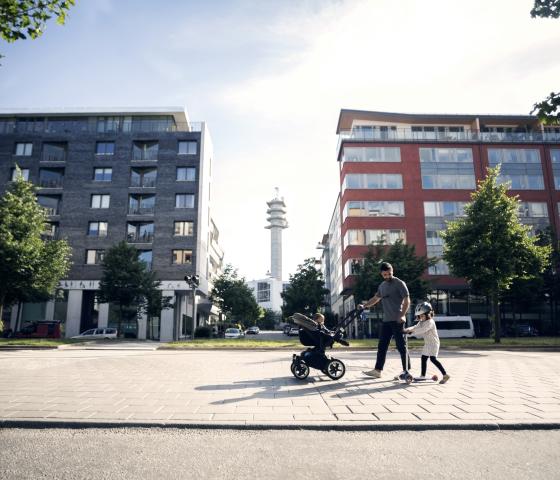
Industry and logistics
At the heart of shaping climate neutral cities is a joint effort from all sectors, where industries and logistics play an important role. It is crucial to transition towards sustainable practices, such as renewable energy and circular economy models, to minimize emissions and energy use. Let's build climate neutral citites where industries and logistics lead the way.
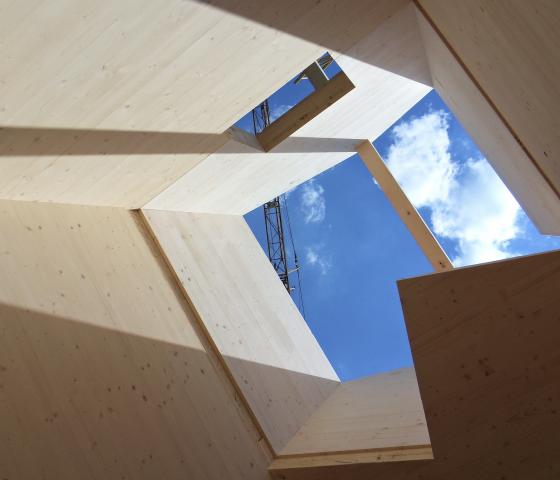
Concrete alternatives
Sustainable products in construction
Planet-sized scarcity
Building a sustainable future is based on good objectives, both at a domestic and an international level, including carbon neutrality, increased conservation of terrestrial and marine areas and reduced utilisation of natural resources.

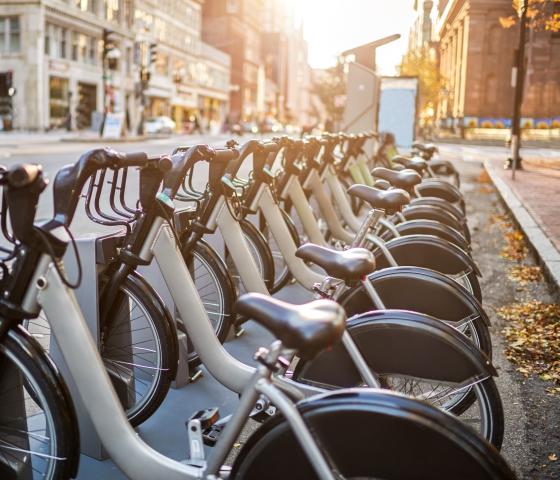
What do passport, mineral resources, green transition, circular economy and batteries have in common?
Mineral resources are vital in the green transition.
Carbon neutral circular economy as a solution to tackle the sustainability crisis
There is no economy or even future without nature.

Energy
AFRY is your trusted partner in achieving climate neutrality in cities. By transitioning to renewable energy sources, improving energy efficiency, and implementing sustainable energy supply strategies, cities can significantly reduce their carbon footprint and contribute to the global effort to address climate change.
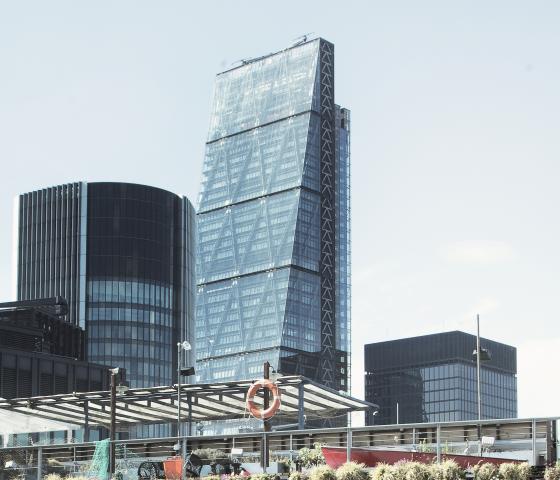
The physical and the digital city
What does digital transformation mean for a city?
AI
The use of AI can significantly help cities reach climate neutrality by optimizing energy consumption, reducing waste, and improving resource efficiency. AI-powered systems can analyze data from various sources, identify patterns, and make real-time adjustments to improve energy efficiency and reduce emissions. It can also help cities manage renewable energy sources more efficiently, enabling them to integrate them more effectively into the energy grid. By harnessing the power of AI, cities can accelerate their journey towards climate neutrality.
Building Climate-Neutral Cities with AI
With the help of technologies like Artificial Intelligence, cities can become smarter and more eco-friendly.

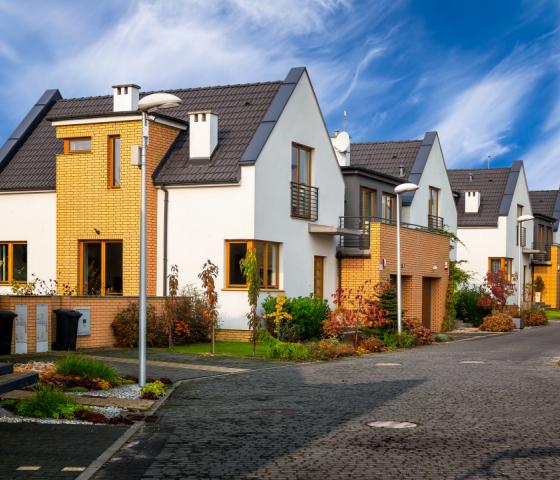
Using Nudging with AI for a more sustainable lifestyle
How do we best use AI to move towards a sustainable society?
AFRY City Integration Platform
The integration platform is the hub of the digital city


Trustworthy AI in cities of the future
AI, will play an increasingly important role in the development of sustainable cities. But the emergence of AI also raises issues concerning personal privacy.
Data Analytics & AI
At AFRY we strive to build a world with safe and human-centric AI that frees the human mind from burdens and empowers human creativity.

AFRY's view on future cities
- What is AFRY’s approach to cities?
- Why are cities important in the sustainable transition?
- What does AFRY offer cities?
- Why AFRY?
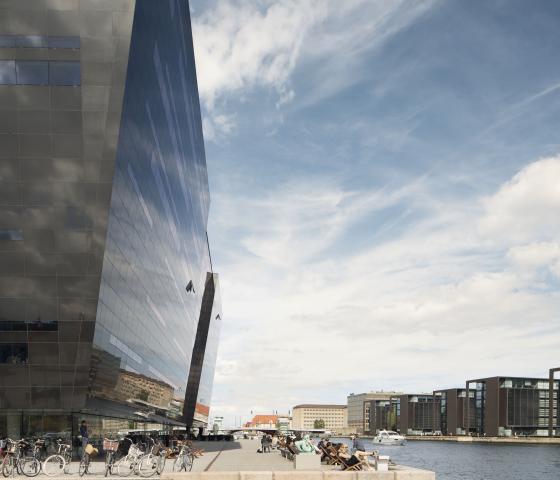
Future cities are climate neutral. They must be designed and operated without jeopardizing future generations' access to nature and its resources. We create value by focusing on and strengthening the soul and identity of a city. All to shape the liveable cities of the future, where the good and healthy life is available to all.
Cities are on the front lines of the growing risks associated with climate change. They are home to more than half of the world’s people, and by 2050, that figure is projected to rise to 68 %. This poses new challenges for cities, and stresses the need for decarbonisation strategies for energy, mobility, buildings and industry.
Cities are responsible for 70 % of climate emissions, and account for 65 % of global energy consumption, and are therefore key to climate action.
The UN has recognized the importance of cities in meeting the Sustainable Development Goals and consequently two thirds of the SDG targets have an urban dimension.
Let's build a future where cities are not just climate neutral, but also thriving hubs of sustainable innovation and progress, and where every sector is committed to preserving our planet for generations to come.

AFRY offers a holistic view on urban challenges. The AFRY groupwide offering give clients access to a portfolio of cross-sector consulting and technical expertise, as well as multidisciplinary thinking that spans environment, design, infrastructure, industry, and energy.
We shape the liveable future. Through our consulting and engineering services, we create value by focusing on and strengthening the soul and identity of a city – all to shape the liveable cities of the future, where a good and healthy life is available to all.
According to the UN, almost 70 percent of the world's population will live in urban areas by 2050
Cities are on the front lines of the growing risks associated with climate change, and are key in the sustainable transition. Today they are responsible for 70 percent of climate emissions. A number that will grow as the population grows and the urbanisation trend continues. Today more than half of the world’s people live in urban areas, and by 2050, that proportion is expected to increase to 68 percent.
This poses new challenges for cities, and stresses the need for decarbonisation strategies for energy, transport, buildings and industry. How can we tackle these challenges while improving quality of life? How can we build cities for future generations, without knowing what the future holds?

Cities based on cross-sector collaboration and human needs
The speed of innovations, of new possibilities, in light of the effects of climate change and political priorities, stresses the need for cross-sector collaborations, and engaging the citizens. This is identified within the EU initiative and mission to support 100 cities to reach climate neutrality by 2030 as part of the European Green Deal strategy, where collaborations are an important part of the Climate City Contract. Only by working together across sectors is a climate neutral future in urban areas possible.
The UN has recognised the importance of cities in meeting the Sustainable Development Goals and consequently two thirds of the SDG targets have an urban dimension. AFRY has built and developed cities since 1895. Our global and extensive experience has generated insights on urban development and human-centric, functional and aesthetic design. We want to optimise cities based on human needs without jeopardizing natural resources. Our future cities must hold a balance of vision and tradition, ethics and technology and be both agile and thoughtful. We want to find the best solutions for shaping the climate neutral cities of the future; sustainable, enjoyable, safe, smart, inclusive, liveable and entirely created from its inhabitants’ perspectives and needs.
Future cities are climate neutral. We shape the liveable future.



